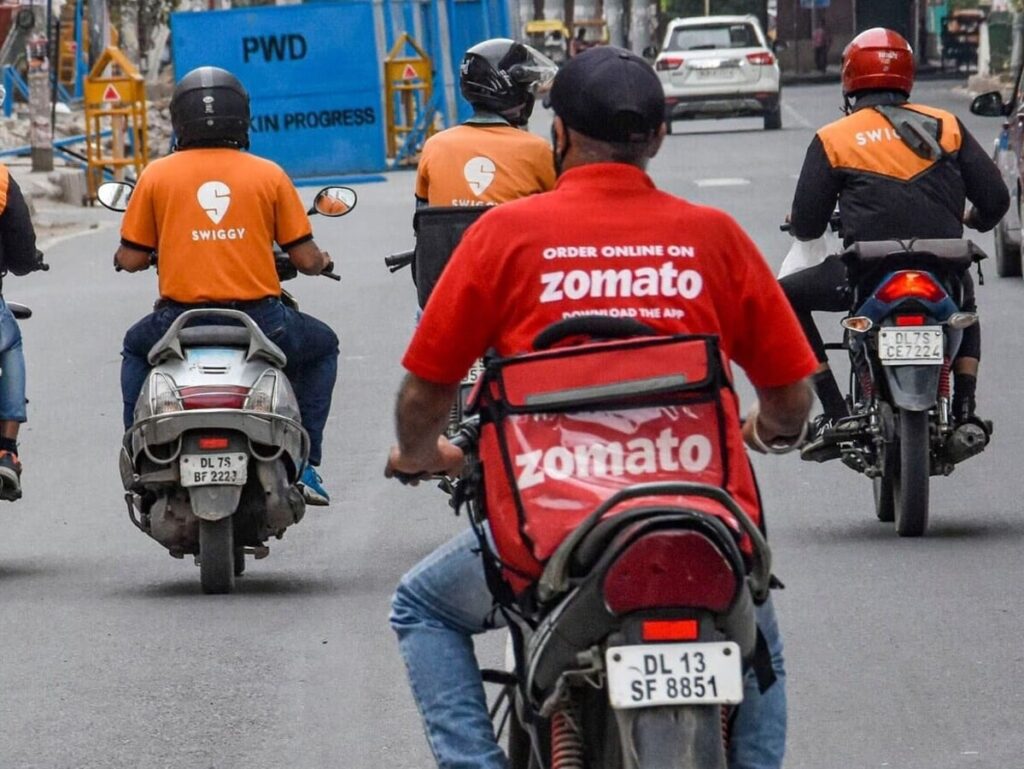The recent decline in the stock prices of Swiggy and Zomato has raised eyebrows in the food delivery market. This drop comes at a critical juncture when the National Restaurant Association of India (NRAI) has approached the Competition Commission of India (CCI) regarding the business practices of these major players in the online food delivery sector. The implications of these developments are significant for both investors and consumers alike.
Understanding the Current Scenario
The food delivery industry in India has seen rapid growth over the last few years, fueled by changing consumer preferences and the convenience offered by platforms like Swiggy and Zomato. However, increasing scrutiny and regulatory challenges are starting to impact the market dynamics.
Key Factors Behind the Decline
- Regulatory Challenges: The NRAI’s complaint to the CCI focuses on concerns over anti-competitive practices that could harm smaller restaurants and skew the market.
- Market Saturation: With many players entering the space, the competition has intensified, leading to price wars and thinning margins.
- Investor Sentiments: Concerns about the long-term profitability of these businesses may lead investors to reconsider their positions.
The Role of the National Restaurant Association of India (NRAI)
The NRAI represents the interests of numerous restaurants across India. By reaching out to the CCI, the NRAI aims to ensure fair competition and safeguard the livelihoods of smaller restaurants that might be adversely affected by the dominant practices of large delivery platforms.
Goals of the NRAI’s Complaint
- Enforcement of fair play in the food delivery market.
- Protection of smaller restaurants from being pushed out of the market.
- Fostering a level playing field where business can thrive without unfair practices.
Impact on Stakeholders
The actions taken by the NRAI and the response from Swiggy and Zomato can have far-reaching implications for various stakeholders:
| Stakeholder | Potential Impact |
|---|---|
| Consumers | Possibly reduced prices and better services in the short term but may result in limited options if smaller players are pushed out. |
| Investors | Heightened volatility in share prices as regulatory scrutiny evolves and investor confidence fluctuates. |
| Restaurants | Increased operational costs and challenges in negotiating delivery terms with large platforms. |
The Path Forward for Swiggy and Zomato
To navigate these challenges, both Swiggy and Zomato will need to adapt their business strategies. They may consider enhancing partnerships with smaller restaurants, improving customer services, and ensuring transparent pricing strategies to build trust and resilience in a highly competitive environment.
Conclusion
The decline in Swiggy and Zomato’s shares amidst regulatory scrutiny marks a pivotal moment for the online food delivery industry in India. How these companies respond to challenges raised by organizations like the NRAI will significantly shape the future of their operations and the broader market. Stakeholders must stay informed and prepared for potential changes as this situation unfolds.
